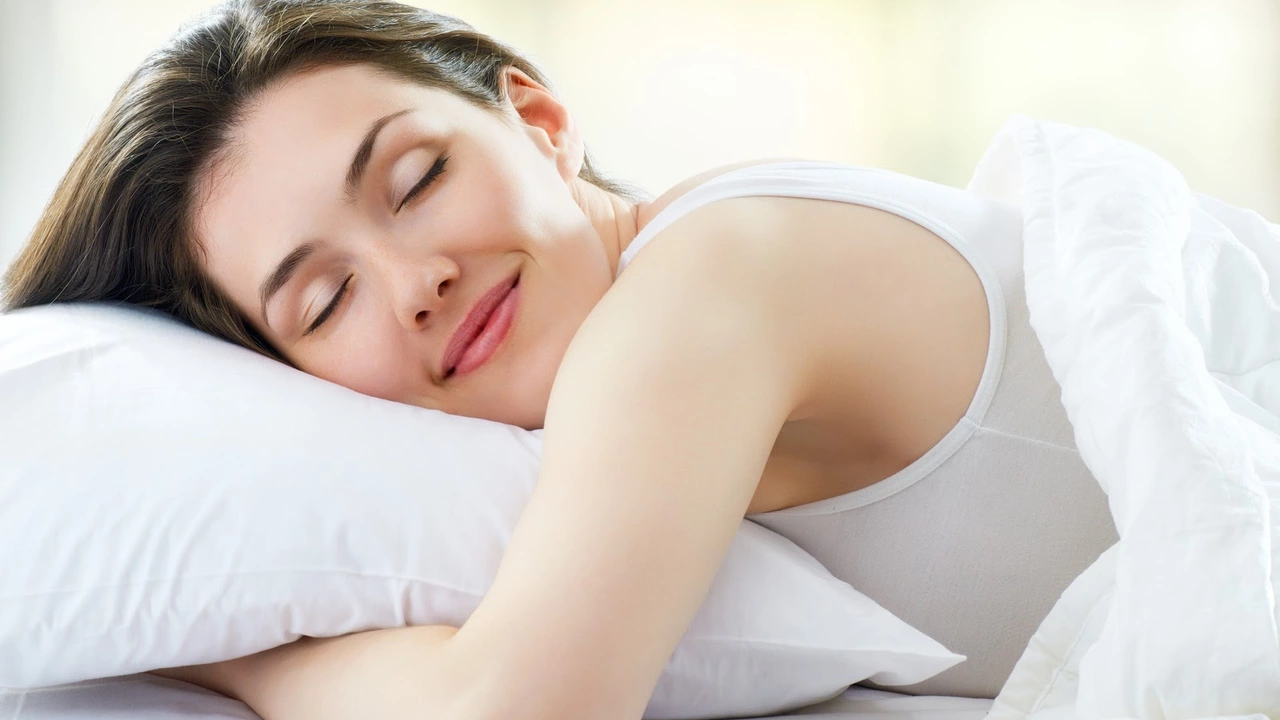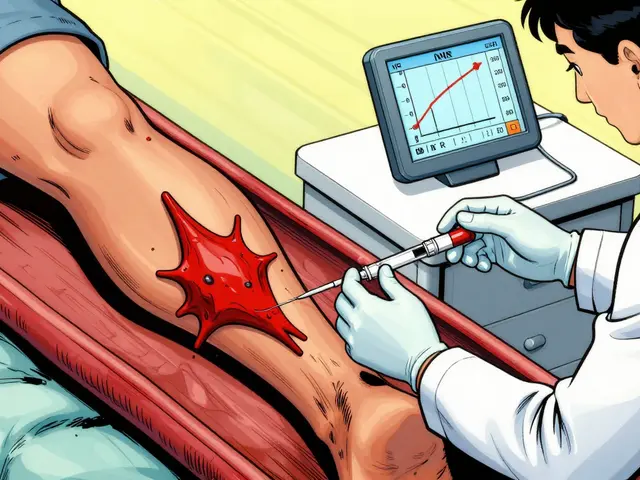Sleep Quality: Practical Tips to Sleep Better
Struggling to fall asleep or waking up tired? Sleep quality matters more than total hours. You can sleep eight hours but still feel drained if the sleep is fragmented or light. Here are clear, practical steps you can try tonight to improve how rested you feel.
First, fix your sleep routine. Go to bed and wake up at the same time every day, even weekends. Your body clock loves consistency. Avoid long naps after mid-afternoon; a 20-minute nap is fine, but longer naps can wreck nighttime sleep.
Make your bedroom work for sleep
Dark, cool, and quiet rooms help a lot. Aim for sixty to sixty seven degrees Fahrenheit if you can. Use blackout curtains or a sleep mask, and try white noise or earplugs if sounds disturb you. Reserve the bed for sleep and sex only — no work or scrolling. Light from screens suppresses melatonin, so set a tech curfew thirty to sixty minutes before bed.
Small changes in your evening can multiply. Dimming lights, switching off bright overheads, and choosing relaxing activities like reading or gentle stretching prime your brain for sleep. Skip heavy meals, alcohol, and caffeine in the last few hours. Herbal teas or warm milk can be soothing, but avoid anything sugary that spikes energy. Nicotine is a stimulant; try to avoid smoking close to bedtime.
Daytime habits that improve sleep
Get sunlight early in the day to help set your circadian rhythm. Regular exercise improves deep sleep, but avoid intense workouts late at night. Manage stress with brief breathing exercises, a five minute walk, or jotting worries in a notebook so they don’t loop at bedtime. Keep a consistent schedule even when life gets busy.
If basic steps do not help, track your sleep for two weeks. Note bedtime, wake time, naps, caffeine, alcohol, medications, and how you feel in the morning. A sleep diary or a tracking app can reveal patterns. For example, many people see that late night screen use or heavy evening meals match nights of light, restless sleep.
Consider short term aids carefully. Low dose melatonin can help shift schedules or cope with jet lag. Over the counter sleep aids can work occasionally but often leave grogginess. Prescription meds may be appropriate for short periods; discuss risks and benefits with a clinician. Cognitive behavioral therapy for insomnia, or CBT-I, treats the habits and thoughts that keep people awake and often gives longer lasting results than pills.
Watch for warning signs like loud snoring with daytime sleepiness, pauses in breathing, or falling asleep during activities. Those can point to sleep apnea and need medical testing. If sleep problems affect mood, work, or safety, see a doctor or sleep specialist.
Start with one change this week: a fixed bedtime, a tech curfew, or a cooler bedroom. Small, consistent improvements add up. Better sleep quality shows quickly in mood, focus, and energy. Try changes now and notice the difference fast today.





